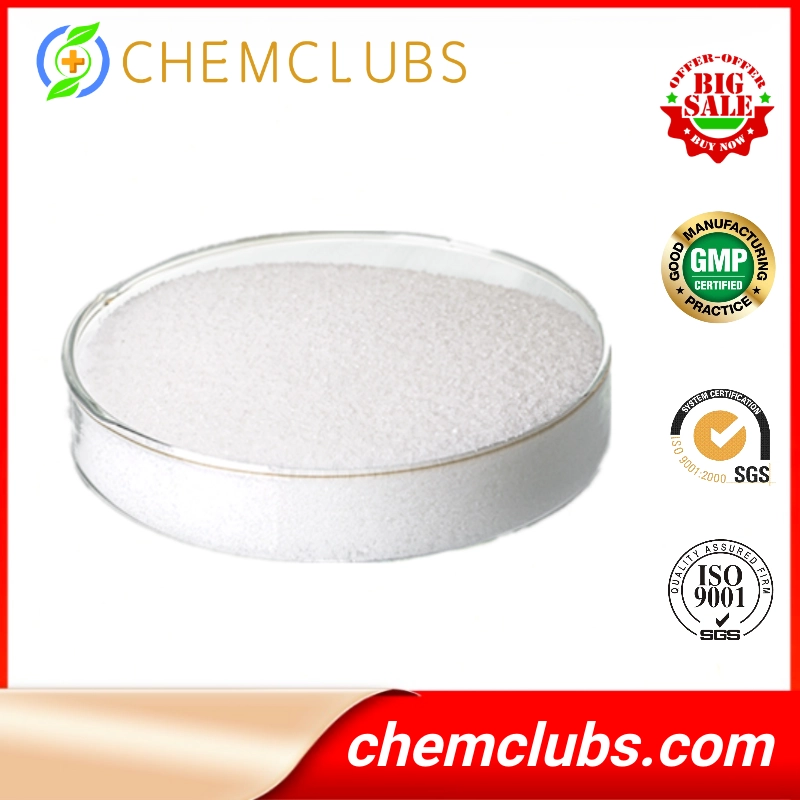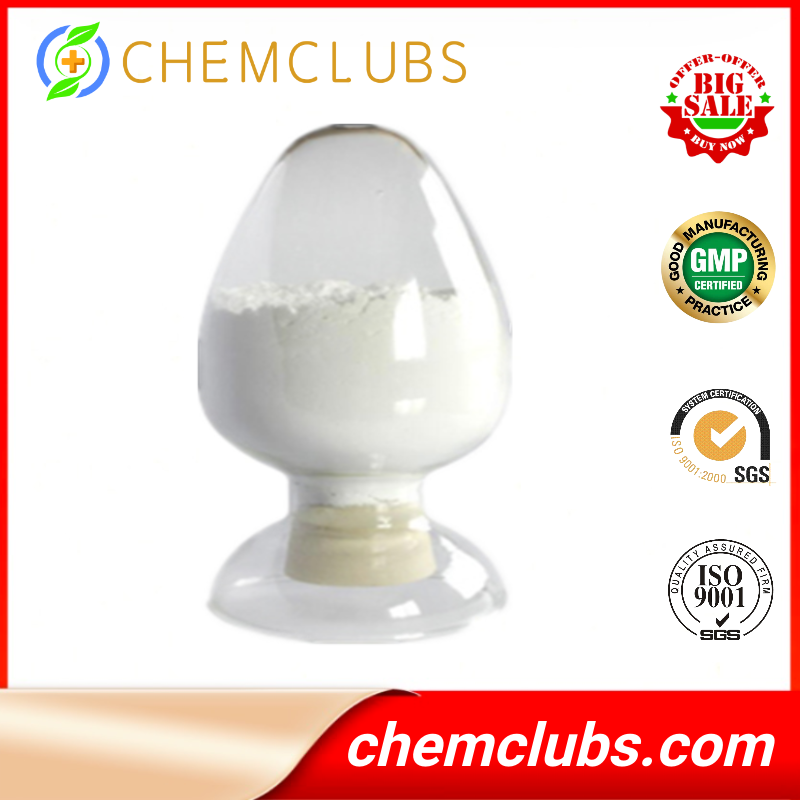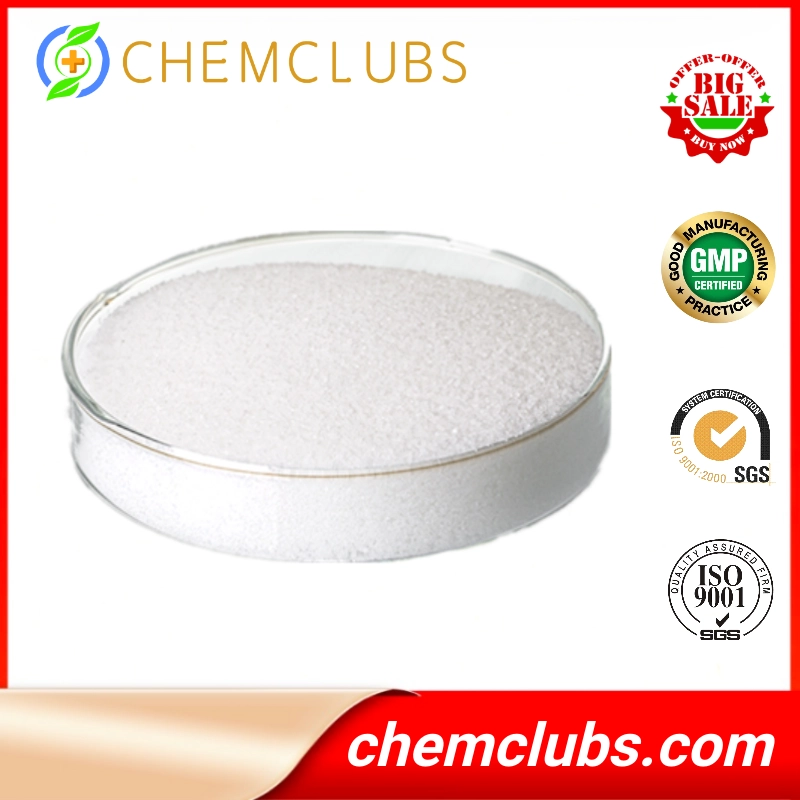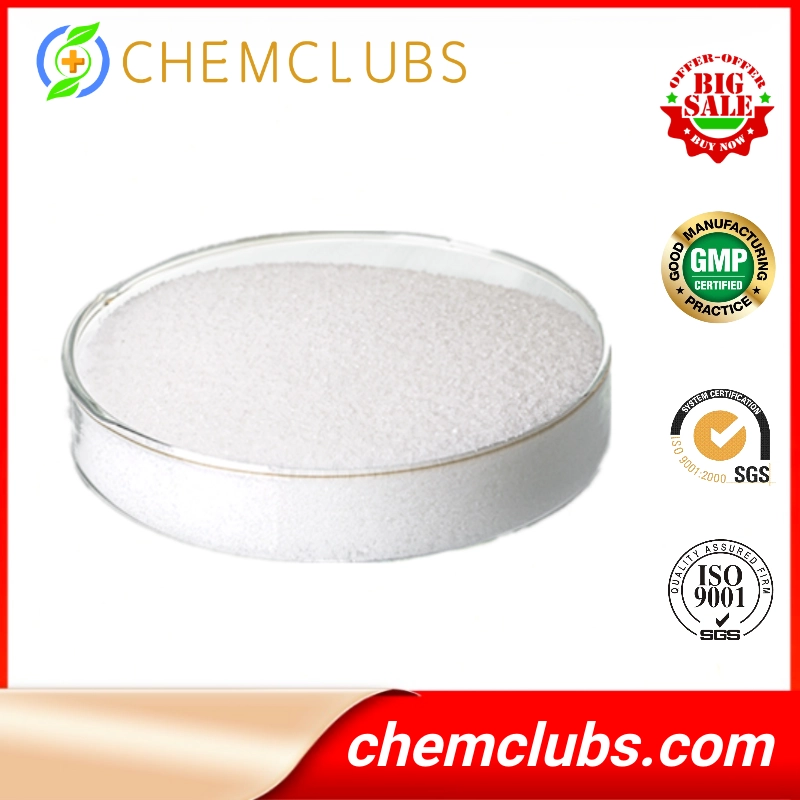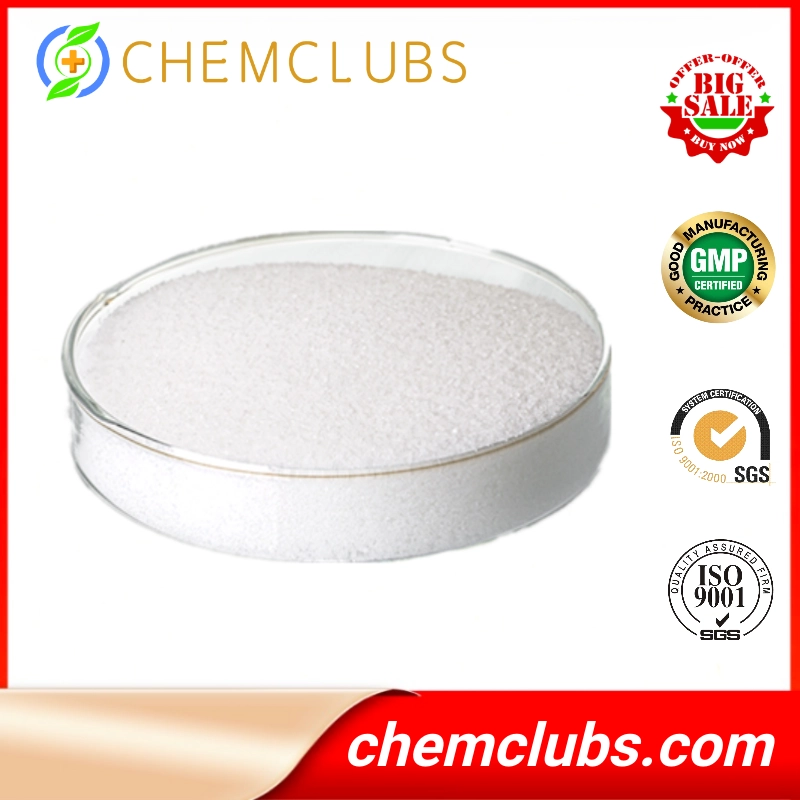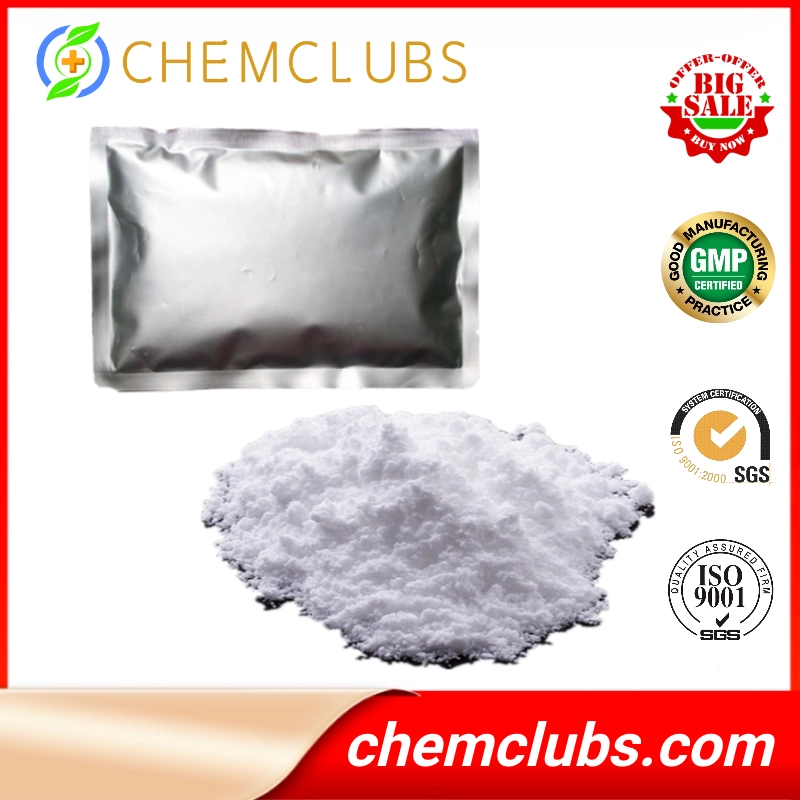
Procaine Hydrochloride
Product Description:
Medicine Grade Pharmaceutical Intermediates Procaine Hydrochloride Powder
Procaine HCI is an experimental, immune-modulating drug designed to reduce levels of the stress causing hormone called cortisol. Known by the trade name Anticort, the drug has been developed by Steroidogenesis Inhibitors (STGI) and Altachem Pharma in the United States and Canada.
Procaine HCI is one of a new class of anti-cortisol, steroidogenesis inhibitor drugs which are being tested for treatment of conditions such as Alzheimer's disease. Currently, phase I safety trials of procaine HCI are being conducted in North America.
Quick Details:
Product name: Procaine HCl
Alias: Procaine hydrochloride;aminocaine;anadolor;atoxicocaine;
CAS register number: 51-05-8
Assay: 99%
EINECS: 200-077-2
Grade: Pharmaceutical Grade
Storage: Shading, confined preservation
Appearance: White crystalline powder
Manufacturer: Quanao
Usage: Procaine hydrochloride is a kind of local anesthetics, for local anesthesia, nerve block etc, can block the conduction of nerve fibers with anesthetic effect, strong function, low toxicity, and no addiction, but the skin, mucous membrane penetration force is weak, not suitable for surface anesthesia, clinically used to infiltration, spine and conduction anesthesia.
Product Description:
Alternate titles: Novocain; Novocaine
Procaine hydrochloride, also called Novocain, or Novocaine, synthetic organic compound used in medicine as a local anesthetic. Introduced in 1905 under the trade name Novocaine, it became the first and best-known substitute for cocaine in local anesthesia. Generally used in a 1 to 10 percent saline solution, procaine hydrochloride is administered by injection for infiltration (area flooding as in dental anesthesia), nerve-block, spinal, and caudal anesthesia. Unlike cocaine, procaine is not toxic, addicting, or irritating. It has been displaced somewhat by the chemically related drugs lidocaine and mepivacaine, which produce prompter, more intense anesthesia.
This treatment approach to HIV is contentious because cortisol is naturally a part of the body's response to injury or infection. It increases blood sugar levels and increases the heart rate. Some experts believe that high cortisol levels are a response to, rather than a cause of, illness. However, very high levels of cortisol can have an immunosuppressive effect.
One theory behind this drug is that people with HIV are damaged by very high levels of cortisol. Reducing the amount of cortisol in the blood may in turn boost immune functioning. Another theory is that procaine HCI may interfere with an HIV protein called Vpr which is thought to be instrumental in CD4 T-cell depletion. There is some evidence that Vpr and excessive cortisol have a similar effect on the immune system.
Procaine hydrochloride (introduced as novocain), the successor to cocaine, has long enjoyed a vogue as a local anesthetic, and its value is well recognized. Recently its therapeutic value has been realized and many articles have appeared, especially in the foreign literature, attesting its efficiency and emphasizing its clinical potentialities. Our principal interest is in its therapeutic application, especially with regard to traumatic and orthopedic conditions, but after somewhat sketchily reviewing the literature we feel that it might be worth while to call attention to its application in other branches of medicine and surgery.
Procaine hydrochloride is the hydrochloride of paraaminobenzoyl-diethylaminoethanol. The dosage is from one to three times that of cocaine, and its anesthetic and irritant actions are perhaps slightly less. The drug on direct application acts by paralyzing the sensory nerve fibrils without preceding stimulation, but in higher concentrations it will paralyze all other nerve fibers and indeed all
Related products:
Weight Loss Drugs | |
Lorcaserin | CAS: 616202-92-7 |
Lorcaserin Hydrochloride | CAS: 846589-98-8 |
Zopiclone | CAS: 43200-80-2 |
Dextromethorphan Hydrobromide | CAS: 125-69-9 |
L-Triiodothyronine | CAS: 55-06-1 |
Levothyroxine Sodium | CAS: 25416-65-3 |
γ-Butyrolactone | CAS: 96-48-0 |
2,4-Dinitrophenol | CAS: 51-28-5 |
Related Product
Best Madcican Product


